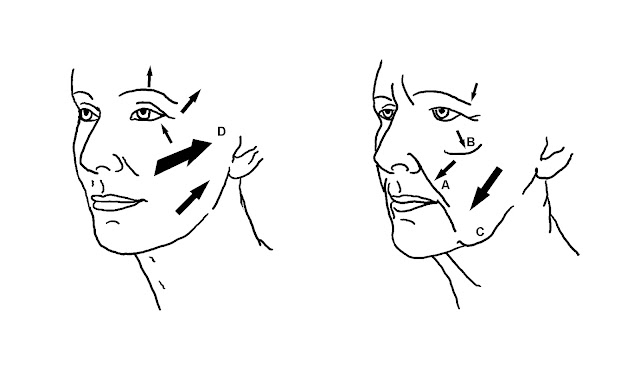Tenetest ng WHO ang apat na mga gamot na ito na posibleng makatulong laban sa Corona Virus o COVID19. Kasama ang Pilipinas sa team ng Solidarity na nag-aaral at tutuklas kung alin sa mga gamot na ito ang mabisang magpapagaling ng mga apektado ng pandemic na ito.
WHO announced that it would be conducting the trial, called SOLIDARITY, to see if the experimental drugs can curb the coronavirus pandemic. Isa na ang Pilipinas sa mga bansang nakiki-isa sa isinasagawang solidity trial ng World Health Organization (WHO) na may layuning makatuklas ng lunas laban sa coronavirus disease.
WHO is focusing on what it says are the four most promising therapies: an experimental antiviral compound called remdesivir; the malaria medications chloroquine and hydroxychloroquine; a combination of two HIV drugs, lopinavir, and ritonavir; and that same combination plus interferon-beta, an immune system messenger that can help cripple viruses. Some data on their use in COVID-19 patients have already emerged—the HIV combo failed in a small study in China—but WHO believes a large trial with a greater variety of patients is warranted.
Remdesivir
The new coronavirus is giving this compound a second chance to shine. Originally developed by Gilead Sciences to combat Ebola and related viruses, remdesivir shuts down viral replication by inhibiting a key viral enzyme, the RNA-dependent RNA polymerase.
Researchers tested remdesivir last year during the Ebola outbreak in the Democratic Republic of the Congo, along with three other treatments. It did not show any effect. (Two others did.) But the enzyme it targets is similar in other viruses, and in 2017 researchers at the University of North Carolina, Chapel Hill, showed in test tube and animal studies that the drug can inhibit the coronaviruses that cause SARS and MERS.
The first COVID-19 patient diagnosed in the United States—a young man in Snohomish county in Washington—was given remdesivir when his condition worsened; he improved the next day, according to a case report in The New England Journal of Medicine (NEJM). A Californian patient who received remdesivir—and who doctors thought might not survive—recovered as well.
Chloroquine and Hydroxychloroquine
At a press conference, President Donald Trump called chloroquine and hydroxychloroquine a “game changer.” “I feel good about it,” Trump said. His remarks have led to a rush in demand for the decades-old antimalarials. Researchers in France have published a study in which they treated 20 COVID-19 patients with hydroxychloroquine. They concluded that the drug significantly reduced viral load in nasal swabs.
Ritonavir/Lopinavir
This combination drug, sold under the brand name Kaletra, was approved in the United States in 2000 to treat HIV infections. Abbott Laboratories developed lopinavir specifically to inhibit the protease of HIV, an important enzyme that cleaves a long protein chain into peptides during the assembly of new viruses. Because lopinavir is quickly broken down in the human body by our own proteases, it is given with low levels of ritonavir, another protease inhibitor, that lets lopinavir persist longer.
Source: Science Mag







